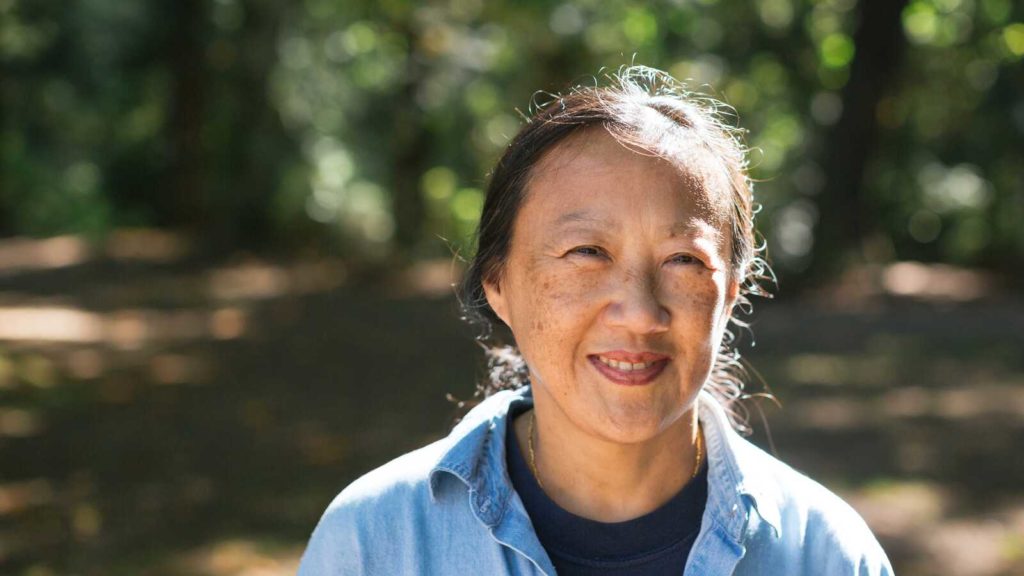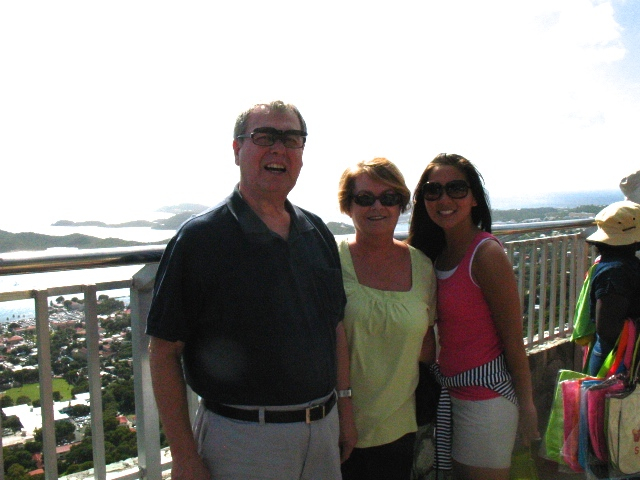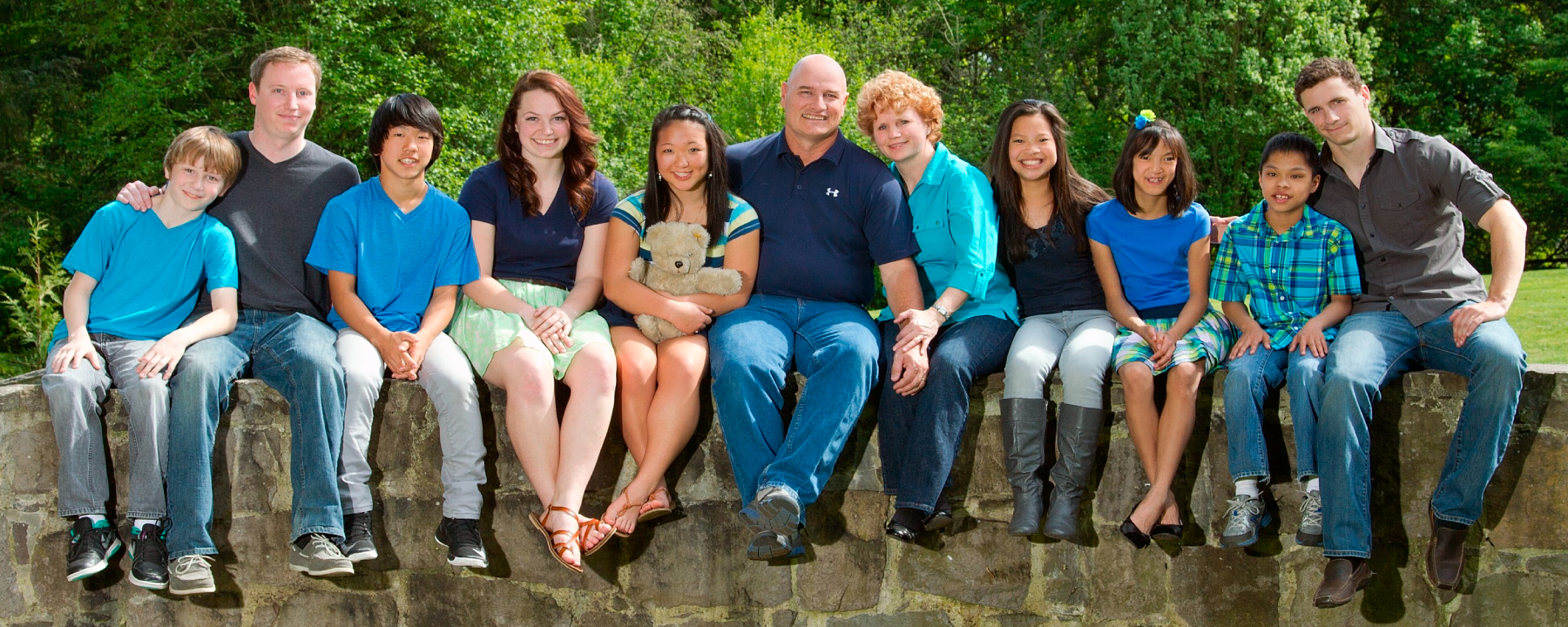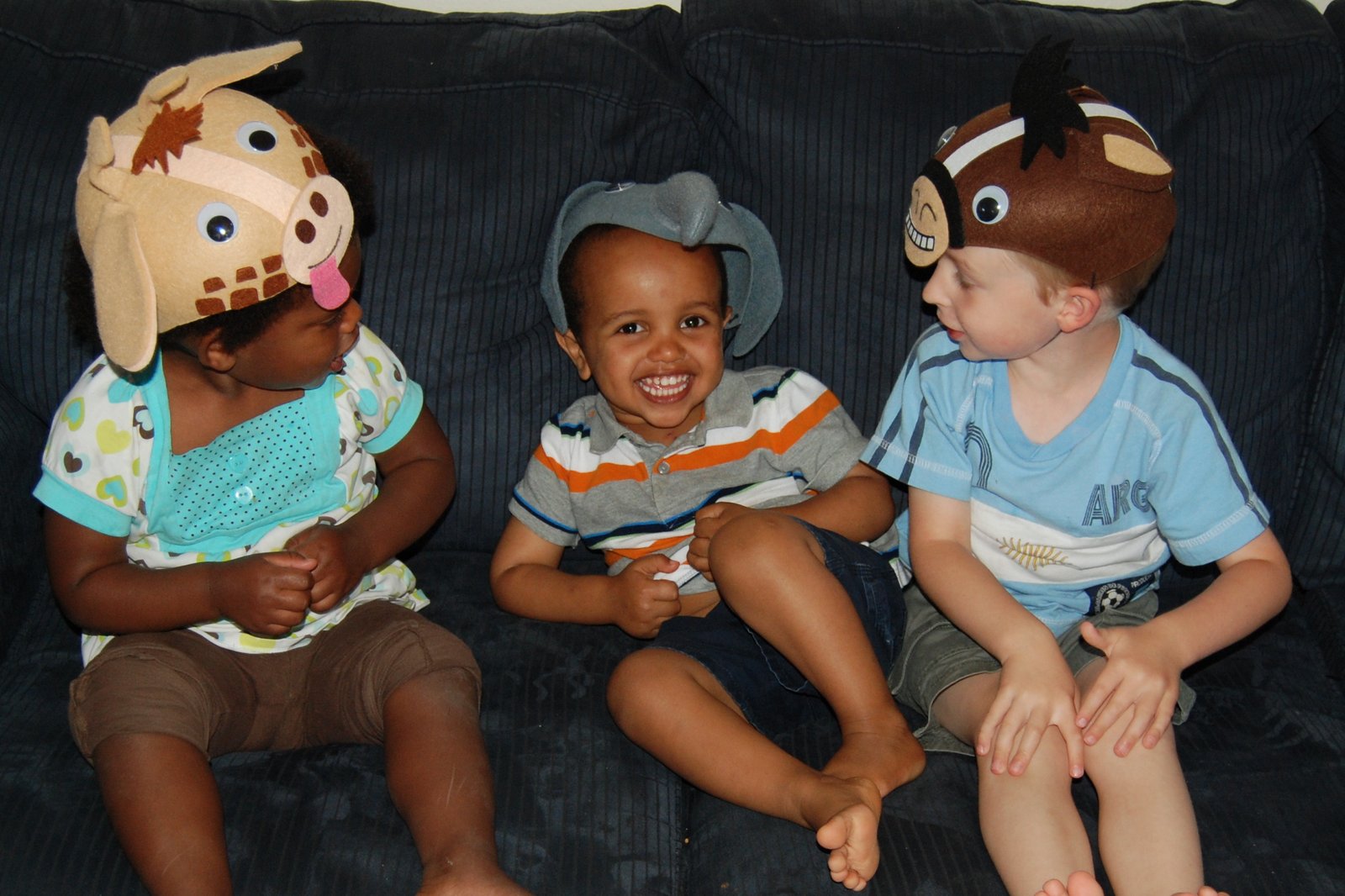Holt adoptee Cat Fisher shares her thoughts on international adoption, the movement to end it and the meaning of unconditional love. This story originally appeared on Cat’s blog.
Earlier this month, a very close friend of mine passed along an article from the New York Times. His e-mail said “this is for you” with a link following. The article is entitled “Why a Generation of Adoptees Is Returning to South Korea.”
If you read my blog, follow me on Twitter, or have met me before, it is fairly obvious that I shy away from discussing politically charged topics. Given my experience as a teenager and young professional, I now refuse to have any political discussions unless I’m 100% sure everyone talking / listening won’t take it personal. I’ve seen too many friendships tarnished to ever state my opinion outside good company. And that is exactly why this post is different from the rest, because it’s driven by my emotions and opinions.
It is hard for the majority of people in this country to understand or relate to the life of an adoptee. Even for those who are adoptees, there is difficultly relating to each other. Domestic adoptees have different life experiences than foreign adoptees. And if you dive down even deeper within those subgroups, experiences vary highly based on geography, income, etc. It would be like someone saying, “All Native Americans have the same life experiences.” Other than having a single thread that links a single high-level demographic group together, everyone’s individual life experiences are different. And in my eyes, that is what makes this world amazing.
My Story
I grew up as a South Korean adoptee in North Florida. I have two amazing parents that picked me, because they couldn’t have biological children. During my childhood, I was like other kids my age except I looked different. I played soccer, I competed in science fairs, and I was historian of my high school’s chapter of FBLA — all things that children from middle-class American families do. But it wasn’t until I went to undergrad that the person I saw in the mirror took front and center.
I was leaving the Student Union. I probably just ate a Wendy’s spicy chicken sandwich (plain, add cheese) before my next econ class. I remember stepping out into the sunlight, and feeling like someone was trying to get my attention. It was a weird feeling. I went to a university with over 50,000 students, so the chances of randomly running into someone you knew was slim. Instead of trying to figure out who was trying to get my attention or what they wanted, I keep my head straight and walked my path. Then I heard yelling in my direction. It was distinctly in my direction, and the voice said, “Hey, aren’t you Korean?”
I had never identified with being Korean before that moment. I know my parents wanted me to take Korean lessons when I was 12, but I had no interest. I spoke English and so did everyone I knew. Being Korean was as foreign to me as being an indigenous person living on some tropical island in the Pacific. Even after being asked such an oddly personal question, especially for an adoptee, I remember answering, “No, I’m American.”
At the age of 13, I decided I never wanted to meet my biological donors if given the chance. I believe that they have come to terms with their decision to give me up for adoption, and I don’t have a right to disrupt whatever “peace” they have made with their decision. I also believe that searching for my biological donors is disrespectful to my parents — two people who sacrificed to raise and love me unconditionally. While I am biologically Korean, I identify myself as an American female who grew up in the South’s middle-class. I believe I am more than just one instance in my life. And that is why I have lived my life without being defined by my adoption.
Reaction to the NYT Article
And that is why that article from the NYT shook me to my core.
I may be the only one, or part of a small majority, but I’ve never identified with being Korean. Even after being introduced to everything Korean (and I love me some Korean food), I still don’t feel a connection. I don’t think poorly of those who have moved back to South Korea to try to find their roots; their life experience is different from mine. I actually respect them for enduring such a difficult emotional process to discover who they are. But what I do not agree with and am deeply offended by is their efforts to prevent foreign adoptions.
In no way do I believe anyone in the world has a right to say who can love a child. If someone wants to give love, why should we stop them? Regardless of whether the parent or parents are of a different race, come from a foreign culture, live in another country, are homosexual, or have horns growing out of their heads, the ability to love unconditionally is rare in this day and age. As a group of people who have benefited from that unconditional love, I’m truly confused at why they would want to create barriers to prevent an opportunity that could be best for a child.
What upsets me the most is the core of their argument against foreign adoptions. I strongly believe that political borders or ethnic lines should not dictate the movements we make as humans, especially to provide love to those who need/deserve it. Our greatest accomplishments as people on this earth have been achieved because of the mixture of people and minds across borders. And our darkest times as people on this earth have occurred because of the lack of forward thinking in the blending of people and differences that make us unique. I just hope I’m not the only adoptee who thinks this.
I can only speak for myself, but what I want to say is that my adoption and the struggles surrounding the process of finding my identity have made me the person I am today — a strong individual who loves the world we live in and is constantly grateful for the opportunities we are given every day. I am lucky to have the parents I do, and even more lucky to understand what unconditional love is. This is a living truth of my life that I try to honor every day.
Cat Fisher | Atlanta, Georgia

Did you know Holt provides support to all adoptees?
Every adoptee has a unique and complex life experience. Holt strives to support all adoptees, regardless of their placing agency, by providing help with birth search, citizenship and more.



Thank you for writing this. As an adoptive parent, I find highly useful – though, I confess, sometimes meddening – to read the views and opinions of older adoptees, the better to help me prepare our little girl for the day when somebody shouts at her, “Hey! Aren’t you Chinese?”
Have you got any advice?
I agree with you Cat! I am another “adoptee” who shares your same views. I have experienced unconditional love from my parents and family and don’t like to label myself as adopted–do children of fertility drugs label themselves in this way – it’s like saying my mom had a C-section, or in-vitro, instead- she adopted. Does that make sense?! Thanks for sharing your views on the subject. I find those of us who feel as we do generally don’t discuss our views because it’s just not an issue for us…not on our minds (until someone else brings it to our attention)…too bad others in the world can’t understand this. Thanks for helping them to try! -jennifer
Hey Jim – I just wanted to tell you I always respond with “I look Korean, but I’m American!” And it’s wonderful you adopted internationally!
>”Regardless of whether the parent or parents are of a different race, come from a foreign culture, live in another country, are homosexual, or have horns growing out of their heads, the ability to love unconditionally is rare in this day and age. As a group of people who have benefited from that unconditional love, I’m truly confused at why they would want to create barriers to prevent an opportunity that could be best for a child.”
The essence of your above statement is powerful, and one of the reasons I chose to become an adoptive parent. I believe that in humankind, there is no East or West, no South or North…that we are one fellowship of humanity extending across the earth. (A song goes along those lines…) But I think some of the problem comes down to what is “best.” I’m afraid that sometimes children are removed from biological families who could have love, cherished, and raised them, if given a little help, whether that be economic, emotional, etc. When circumstances surrounding international adoption often include extremes in the economic advantages of the adoptive vs. biological parents (and, often, the countries involved), it makes me wonder if we’ve done the best we can do.
I thank you for your article and am very glad that you are happy in your life and want to share that happiness with others.
Thank you I read that story also in the times and have been hearing a lot of negative comments from older adoptees on blogs. I don’t think my 10 year old daughter feels that way yet. But I do feel like we were not wrong in our choice we love her more than anything.
such a heartfelt article–you are an amazing young woman! It’s so sad that people still try to put others in categories…hoping that in my lifetime there will be no labels–but rather acceptance of each person as an individual.
I have 2 adult children- one is mine through birth and the other through Holt adoption from Russia. One is no more my child than the other even though I have no memories of my son until his arrival at age 10 and can remember my daughter as a newborn. My children are, and always will be, my children. All children deserve a home and a loving family. I’m glad you found yours.
I’m not an adoptee but I feel like I’m closer than most…my wife, Jeanne, is a Korean adoptee that grew up in France and we’re in the process of adopting with Holt. I have to admit that I wasn’t aware of the politics of international adoption until I had my wife in my life and heard her talk about the issues. It didn’t take long after deciding to adopt from Korea before I was reading everything I could.
I happened to read the NYT article and even as a relative bystander, was offended by its tone and focus. When I read, “I get parents’ desperation to have children. Accepting diverse families is great. But I don’t think it’s normal adopting a child from another country, of another race and paying a lot of money. I don’t think it’s normal to put a child on a plane away from all its kin and different smells. It’s a very modern phenomenon,”
I felt offended because I didn’t feel like it was a lot of money (all is relative, after all) and I didn’t feel desperate. It was a carefully made choice after having a biological child first and wanting to grow our family through adoption the second time around. We’re certain we’re not taking a child away from a happy adopted life in Korea…that option may be preferred but isn’t happening the way it should. We’re very certain that a child will have a good life with us, very likely better than being an orphan in a system rather than a permanent family.
I’m not an adoptee, but as an adoptee’s spouse and someone going through the process, I felt I should speak up.
Every adoptee has their own story, their own view of adoption and who they are. I always called my biological parents my parents, my mother is my mother, not a biological donor, too impersonal for me. She gave birth to me, suffered my loss and never recovered from the stigma. I find being compassionate towards her in her loss and trauma works for me.
Thank you so much for writing this, I have to say that as a Korean adoptee (adopted through Holt) to the UK, I had the same response to the article in the New York Times. I think it is tragic that children are being left in care because parents who want to love them are not the “right” ethnic background.
Thanks for sharing your perspective. This was extremely thoughtful and well written. I am very thankful that you shared this.
Thank you for sharing your perspective and experiences openly.
National Adoption Month is November. Once and Adoptee, always an adoptee. Nov 05, 2015 is the goal for 100,000 signatures on either of this petition promoting the Foreign Adopted Children for Equality Act.
http://wh.gov/iPC8R